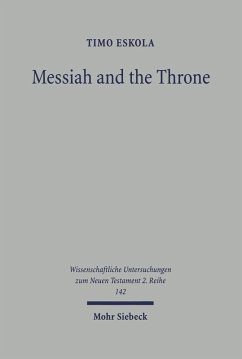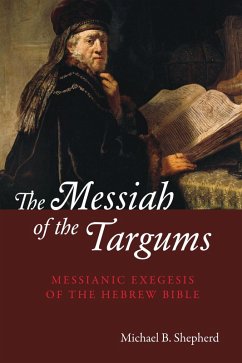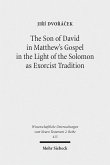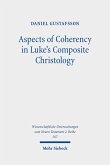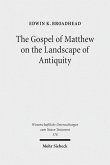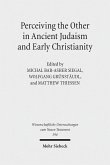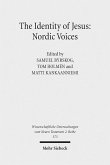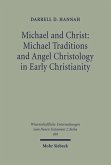Did Jewish throne mysticism, the so-called 'merkabah mysticism', influence the emergence and formation of the earliest exaltation Christology? The author presents resurrection Christology as a part of Jewish Christian merkabah tradition. Christ's exaltation was described as a heavenly journey that culminated in his enthronement on the divine throne of glory. Christian writers did exploit the symbolic world, the images and metaphors of Second Temple Judaism. The exaltation discourse that they present, however, is completely new. A simple typological explanation is unable to explain the nature of early Christology. Christ was not depicted as a heavenly angelic figure or an exalted patriarch. He was described as the enthroned Son of God whose reign is eternal. By exploiting linguistic and literary methods Eskola reconstructs the narrative structure of christological statements. Several different narratives were discerned, each one of which expresses one form of a so-called Christian merkabah tradition. In the New Testament, Christ's resurrection has been interpreted in terms of exaltation discourse, cultic discourse, and judicial discourse. Each one of these produced a different narrative about the exalted Christ. Further, the new approach sheds light for instance on the idea of the so-called adoptionist Christology. There was no concept of adoption in early Jewish Christian exaltation Christology. Exalted Christ on the throne of Glory was not considered merely as a pious Jew making a heavenly journey, but as the divine Savior of the world. The intertextual transformation of Jewish concepts underlined the Lordship of Christ as a heavenly king. The confessing of Christ as Lord realized simultaneously the core of traditional Jewish devotion - faith in and faithfulness to God as a heavenly King. Born 1955; 1992 Dr.theol.; 2011 Dr.phil.; 1998 Dr. habil. (University of Helsinki); currently a New Testament scholar at the Theological Institute of Finland, and a Privatdozent at the University of Helsinki.
Dieser Download kann aus rechtlichen Gründen nur mit Rechnungsadresse in A, B, BG, CY, CZ, D, DK, EW, E, FIN, F, GR, HR, H, IRL, I, LT, L, LR, M, NL, PL, P, R, S, SLO, SK ausgeliefert werden.

